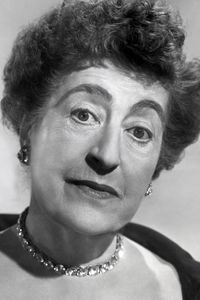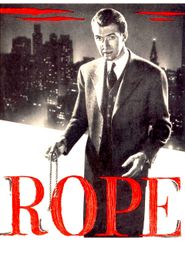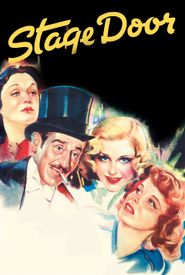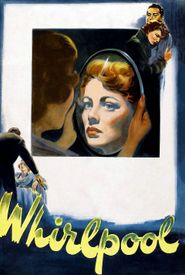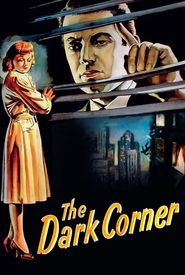Constance Collier was a renowned British actress, born Laura Constance Hardie on January 22, 1878, in Windsor, Berkshire. She began her stage career at the age of three, appearing as a fairy in a production of "A Midsummer Nights Dream". By six, she was already performing alongside famous actor/manager Wilson Barrett in "The Silver King".
Collier's early success led to her becoming a member of the George Edwardes-Hall "Gaiety Girls" dance troupe, where she was extensively trained in singing, dancing, and elocution. She quickly rose to featured status in two of Edwardes-Hall's biggest hits, "A Gaiety Girl" and "The Shop Girl".
As a legit ingénue, Collier played leading roles in "Her Advocate", "Tommy Atkins", and "The Sign of the Cross". She then joined the theatre company of Herbert Beerbohm Tree, where she became a leading lady and played alongside Sir Herbert in productions such as "Ulysses", "The Eternal City", and "Nero".
Collier's marriage to British-born actor Julian L'Estrange in 1905 solidified her status as a respected stage couple. She made her American stage debut in 1908 with "Samson" at the Garrick Theatre in New York, opposite William Gillette.
Throughout her career, Collier appeared in numerous Broadway productions, including "Israel", "Trelawney of the Wells", "Oliver Twist", "Othello", and "The Merry Wives of Windsor". She also appeared in several silent films, including "Intolerance" and "Macbeth", although these were not well-received.
Tragedy struck in 1918 when her husband, L'Estrange, contracted and died of the Spanish influenza. Collier finished the run of "The Ideal Husband" and returned to England, where she appeared in films such as "The Impossible Woman", "Bleak House", and "The Bohemian Girl".
Collier's later years saw her transition into coaching, becoming Hollywood's foremost drama and voice coach. She helped established silent film stars transition into talkies and coached stars such as Marilyn Monroe. She also continued to write and appeared in a dozen or so films, providing stately support in a range of movies.
Constance Collier died on April 25, 1955, leaving behind her 1929 memoirs "Harlequinade". She had no children and left a lasting legacy in the world of theatre and film.
